#eyimofe
Explore tagged Tumblr posts
Text






Eyimofe (This Is My Desire, 2020 🇳🇬), dir. Arie Esiri & Chuko Esiri
#eyimofe#shot in 16mm and hou hsiao hsien as main inspo ooo#arie esiri#chuko esiri#nigerian cinema#world cinema#dailyworldcinema#filmedit#dailyflicks#filmgifs#fyeahmovies#ayo edebiri#gifs
105 notes
·
View notes
Text










eyimofe (this is my desire), 2020.
set in lagos, nigeria.
12 notes
·
View notes
Photo
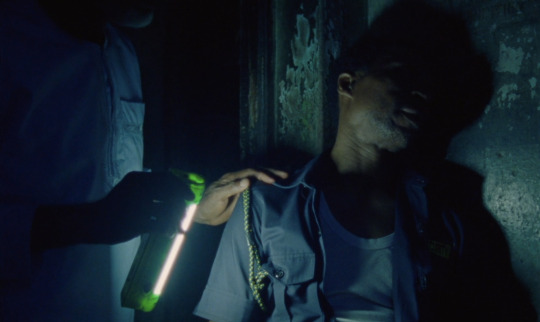


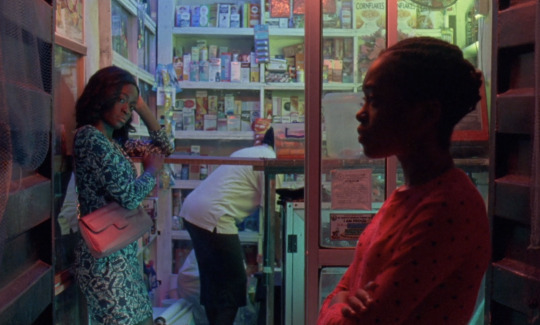

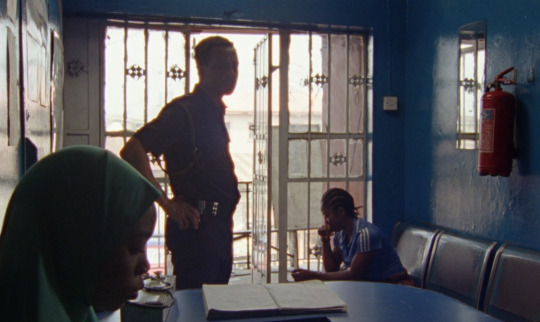



Eyimofe (This Is My Desire) dir. Arie Esiri & Chuko Esiri
Cinematography by Arseni Khachaturan
#eyimofe (this is my desire)#eyimofe#arie esiri#chuko esiri#jude akuwudike#cynthia ebijie#temiloluwa ami-williams#arseni khachaturan#movies#stills#2020s#posts by me
14 notes
·
View notes
Text
Eyimofe (This Is My Desire) (2021) – Nollywood Movie
In Lagos, Nigeria, tragedy and fate intervene as two people try to better the lives of their families. VIDEO INFORMATION Filename: Eyimofe.This.Is.My.Desire.2021.540p.x265.AAC.[viral9ja.com ].mkv Filesize: 208.83 MB Duration: 1h 56min Imdb: https://www.imdb.com/title/tt10365870 Title: This Is My Desire Year: 2020 Type: Movie Country: Nigeria Language: English, Yoruba, Italian Director: Arie…
0 notes
Text







eyimofe, 2020
1 note
·
View note
Text
ANTYESHTI CHAPTER 5: Research and script feedback
As mentioned, I and Max had come up with the idea, however, the inclusion of Indian mythology was something that I would take a lead on for obvious reasons. I went onto researching on stories and oral culture in India. Fortunately, my topic for my dissertation was also Indian mythology, hence, I used a lot of inspiration from my research in my dissertation and the script. Oliwia has done a phenomenal job in her research as well, therefore, the conversation about the script and Indian mythology stories went on much smoother. First off, after coming up with the stories, my job was to get mythological aspects in it. Now, when it came to incorporating mythology, Krishna was an obvious choice. My family has worshipped Krishna for as long as I can remember, and my grandmother especially has always been devoted to him. Their versatility made him the perfect figure to build our story around. The stories we chose—both the ones I grew up with and the ones we researched—aren’t just there for show. They act as metaphors, symbols, and even subtle critiques. Indian mythology is incredibly rich with themes of resilience, identity, and the constant battle between good and evil, which ties in beautifully with the core ideas in our film. Also, the choice of Krishna was perfect since his stories have a strong relationship with his mother Yashoda and our protagonist also has an important relationship with his mother. Further, we took inspiration from mythological stories and artwork, such as the Draupadi painting where she is sexually attacked by goons and Krishna's blessing saves her.


This symbolic trait of violence in our film works as an amazing symbolism. Now coming back to the narrative of the film. I and Oliwia went in further research of character development. I had to be part of this process since all our characters are Indian and get the traits of each character that it is authentic to an Indian background. This was a super fun process. Our narrative that is set in the UK changed quite a bit, at first, we were going to kill off our protagonist, however, after meeting with our tutor Paul, we agreed that if we go that route the audience would have no one to empathize with. I was reluctant at first but the more I thought about it, I agreed to that feedback. After several changes, we finally arrived at the fact that in the present we will just have the tailor shop which works as a shelter during the riots for all South Asian communities. I loved this addition because from the very start, I did not want this just to be an Indian story, we show it through an Indian perspective, but I always wanted this to resonate with the South Asian communities who were under attack this summer. For further research I and Oliwia met a Hindu professor in India to discuss potential stories we could use in mythology and just get script feedback. We got a lot of ideas from that meeting. I think the script is at an amazing place and with a few more drafts the script will be amazing.

For inspiration: A huge amount of research into Indian cinema, photography, and art has been integral in forming the groundwork of reference for Antyeshti’s visual style, supported by early 20th-century surrealist cinema and mid-century art films. Some of the inspirations on the development of our experimental imagery include paintings by Amrita Sher-Gil, Raghu Rai’s portrait photography and Meshes of the Afternoon (Deren, 1943). As for aesthetic references, our photographic look is informed by ‘Where Is My Friend’s House?’ (Kiarostami, 1987), ‘Duvidha’ (Kaul, 1973), ‘Eyimofe’ (Esiri Twins, 2021), ‘Phantom Thread’ (Anderson, 2017) and the work of Satyajit Ray.
0 notes
Text
VoK 750: The Movie Passport #10 – Nigerian Cinema
http://archive.org/download/the-movie-passport-10-nigerian-cinema/TheMoviePassport10_NigerianCinema.mp3 Ẹ Ǹlẹ́ o! Welcome to The Movie Passport, a podcast series about world cinema. In this episode, Duncan (Valkyrist) and Bina (Bina007) travel to the country of Nigeria to discuss the following films: 5:04 – Eyimofe / This Is My Desire (Arie Esiri and Chuko Esiri, 2020)26:51 – My Friend Fela /…

View On WordPress
1 note
·
View note
Text
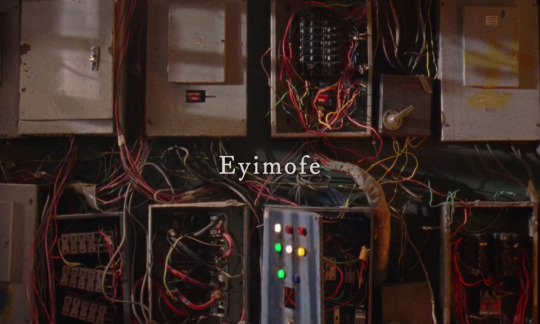
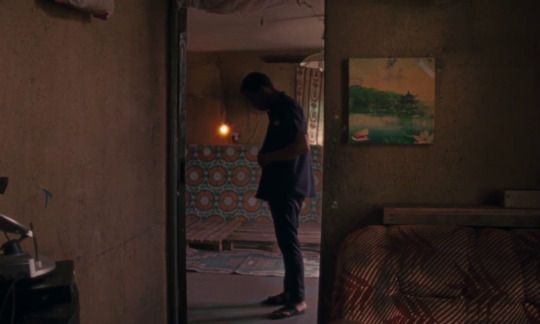
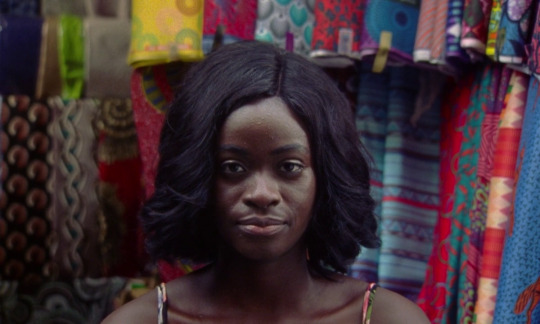
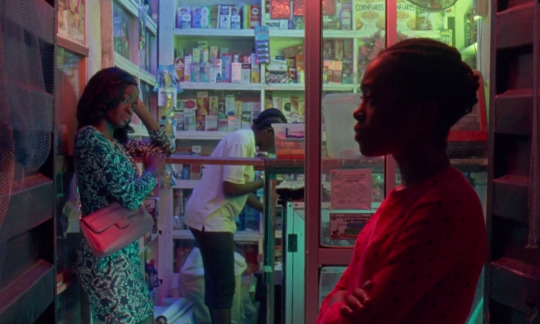
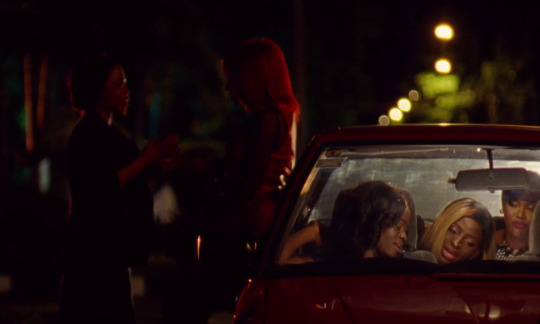
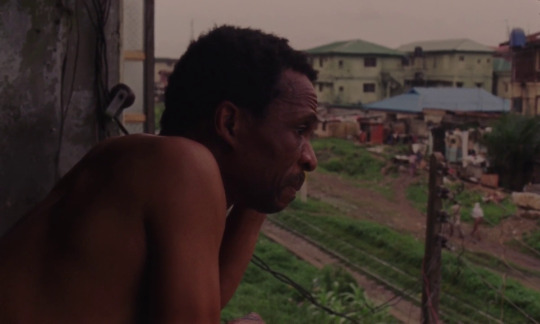
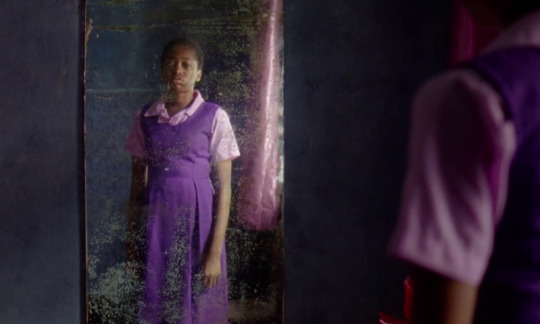

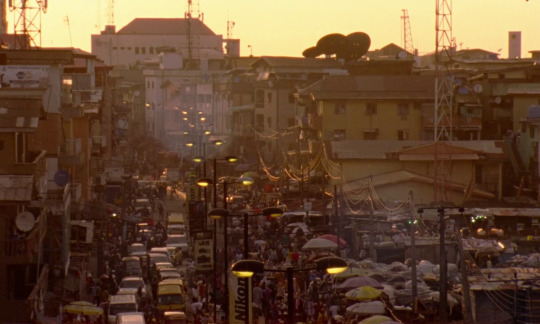
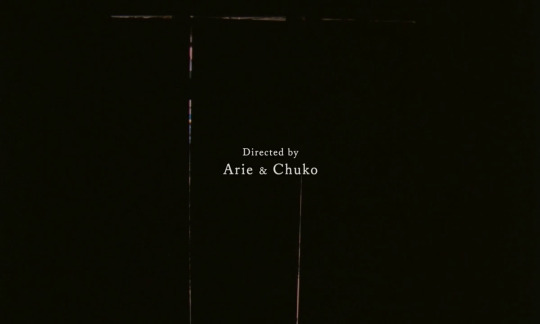
Eyimofe (Eyimofe: This Is My Desire) (2020)
Directed by Arie Esiri & Chuko Esiri, Cinematography by Arseni Khachaturan
"It's good to show people that they were loved."
Visit the Eyimofe Website
#scenesandscreens#arie esiri#chuko esiri#Arseni Khachaturan#eyimofe#This Is My Desire#Jude Akuwudike#Temi Ami-Williams#Cynthia Ebijie#Tomiwa Edun#Jacob Alexander#Chioma Omeruah#Ejke Asiegbu#Sadiq Daba#Imoh Eboh#Chiemela Azurunwa
18 notes
·
View notes
Photo

Seen in 2021:
Eyimofe (Arie Esiri & Chuko Esiri), 2020
#films#movies#stills#Eyimofe#This Is My Desire#Arie Esiri#Chuko Esiri#Temiloluwa Ami-Williams#Cynthia Ebijie#Nigerian#2020s#seen in 2021
3 notes
·
View notes
Photo

Eyimofe (This is my desire) (Arie & Chuko Esiri, 2020)
2 notes
·
View notes
Text
The Good People Of “Eyimofe”
The Good People Of “Eyimofe”
“This is Wisdom,” the titular character says in “Eyimofe,” the début feature co-directed by the Nigerian brothers Arie and Chuko Esiri. Mofe, as he is known, is an electrician at a printing press. He is introducing a new apprentice, whose name is Wisdom, to his co-workers. But “this is Wisdom”—he says it twice—resonates. It serves as a signal, one of many in this artful and luminous film, that we…

View On WordPress
#Arie Esiri#BlackStar Film Festival#Chuko Esiri#Eyimofe#Eyimofe (This Is My Desire)#GDN Studios#Teju Cole
1 note
·
View note
Text





You have to promise to take care of my family. Grace has to go to a private school. And you'll open a shop for me where I can sell clothes.
Temiloluwa Ami-Williams as Rosa and Cynthia Ebijie as Grace in Eyimofe (This Is My Desire) (2020)
#eyimofe (this is my desire)#temiloluwa ami-williams#cynthia ebijie#stills#relationship#my posts#2020s
2 notes
·
View notes
Text
Nollywood Movie 'Eyimofe' Makes New Directors/New ...
Nollywood Movie ‘Eyimofe’ Makes New Directors/New …
The Nigerian movie Eyimofe has been selected for the 50th-anniversary edition of the New Directors/New Films Festival scheduled to take place in New York. Eyimofe has been globally recognized among 27 features and 11 short films at the film festival in Lincoln Center and the Museum of Modern Art’s virtual cinemas for it being a representation of the contemporary and envisaging the future of…

View On WordPress
0 notes
Photo

This Is My Desire https://bit.ly/3ddJlWZ “Life is what happens to you while you’re busy making other plans” – to borrow a phrase often credited to John Lennon – is the movie This Is My Desire (aka Eyimofe) distilled down to an essence. Told in distinct chapters subtitled Spain and Italy, it follows two denizens of Lagos, Nigeria, and dives … Read More »
0 notes
Text
Still on Nigeria’s 60th Independence Day Anniversary…Eyimofe Set for London Premiere


As part of activities to celebrate Nigeria’s 60th Independence Day anniversary, a film, Eyimofe (This is my desire), is set to be premiered in the United Kingdom, at BFI London Film Festival on October 11.
The film, which had its world premiere at the 70th Berlin International Film Festival in February, is also billed to celebrate its U.S premiere at the AFI Fest on October 20.
Ahead of the…
View On WordPress
#Arie and Chuko Esiri#Eyimofe#Idowu Sowunmi#London#MyNewsBite#Nigeria&039;s 60th Independence Anniversary
0 notes
